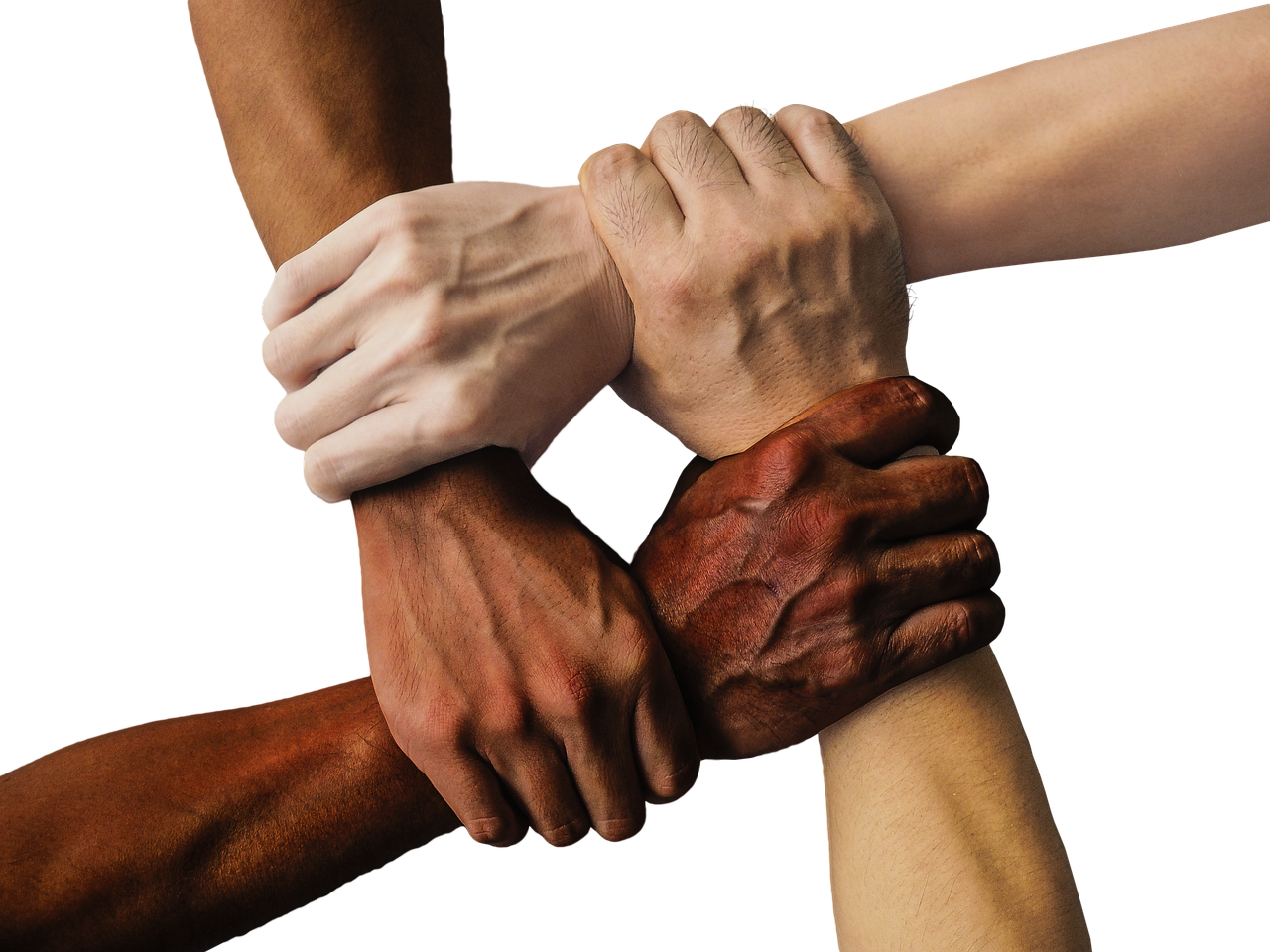あかりは、地元の田舎から大学のキャンパスへ進学した。彼女は生まれ育った地域ではほとんど見かけなかった、多様な背景を持つ人々に出会い、初めて多様性の豊かさを知った。異なる言語を話す人々や、異なる宗教を信じる人々、LGBTQ+の人々など、あかりが知らなかった世界が広がっていた。
最初は、あかりは多様性の中で自分自身の居場所を見つけることに苦労した。しかし、彼女は自分自身のアイデンティティを見つめ直す過程で、自分自身を取り巻く世界がどのように形成されているのかを理解するようになった。
そんなあかりの前に、ある日突然、猛反対派のグループが現れた。あかりたちが活動していた学生団体に対して、彼らは無問題ではないと主張し、グループの解散を求めていた。あかりたちは、自分たちがやっていることが社会にとって良いことだと信じていたため、彼らの主張に対してゲロちゅうであった。しかし、この対立はその後も深刻化していく。
あかりたちが行っていた活動は、周りの人々によってちんぷんかんぷんだと感じられることがあった。あかりたちが取り組んでいた問題について、彼らが感じている不安や困難を理解することができず、認識の違いが問題となった。
あかりは、その対立を解消するために、対話の場を設けることを提案した。最初は、対話は難航していたが、あかりは彼らの不安や思いを聴き、彼らが持っていた情報や知識を受け入れるようになった。また、彼らもあかりたちが抱える問題や思いを理解し、対話を通じてお互いの認識が広がっていった。
あかりたちの活動が正当化され、グループの解散は回避された。しかし、この経験を通じてあかりは、多様性とは認識の違いや対立が生じることもあるということを学んだ。
そして、あかりは、今後も自分自身が持つ限りの知識や情報を収集し、多様性を受け入れ、対話することが大切だと感じた。そして、彼女はワンナイトで新たな出会いを求めたり、チクンチクンとした問題に直面することがあっても、ドクンドクンと成長することを誓った。

その後、あかりは学生団体の活動を通じて、自分自身の成長を続けた。多様性の中で生きる私たちは、認識の違いや対立を乗り越え、お互いを受け入れ合うことで、より豊かな社会を作り出すことができるのだとあかりは信じた。
そして、あかりは多様性の中でののびしろを感じ、新たな出会いや学びを求めて、自分の未来を切り拓いていった。
完
English ver.
“Growth in Diversity”
Akari went from her rural hometown to a college campus. She met people from diverse backgrounds, people she had rarely seen in her native area, and for the first time, she discovered the richness of diversity. People who spoke different languages, believed in different religions, and were LGBTQ+ – it was a world Akari had never known.
At first, Akari struggled to find her own place in the diversity. However, in the process of reexamining her own identity, she came to understand how the world around her was formed.
Then one day, a group of fiercely oppositional students suddenly appeared in front of Akari. They claimed that they had no problem with the student group in which Akari and her friends were active, and demanded that the group be disbanded. Akari and the others were gibberish about their claims, as they believed that what they were doing was good for society. The conflict, however, continued to escalate.
The activities that Akari and her colleagues were engaged in were sometimes perceived as gibberish by the people around them. The difference in perception became a problem, as they could not understand the concerns and difficulties that Akari and others felt about the issues they were working on.
Akari suggested that a dialogue be held to resolve the conflict. At first, the dialogue was difficult, but Akari listened to their concerns and thoughts and came to accept the information and knowledge they had. They also understood the problems and thoughts that Akari and the others were facing, and through the dialogue, their mutual recognition expanded.
Akari and her group’s activities were legitimized and the dissolution of the group was avoided. Through this experience, however, Akari learned that diversity means that differences in perception and conflicts can arise.
Akari then felt it was important to continue to gather as much knowledge and information as she had, to accept diversity, and to engage in dialogue. And she vowed to grow with the dokun-dokun, even if she had to seek new encounters or face tic-tac-toe issues on one-nighters.
Akari then continued her personal growth through her student organization. Living in diversity, Akari believed that we can create a richer society by overcoming differences in perception and conflict and by accepting each other.
And Akari felt the stretch of diversity, seeking new encounters and learning, and carving out her own future.
The end



